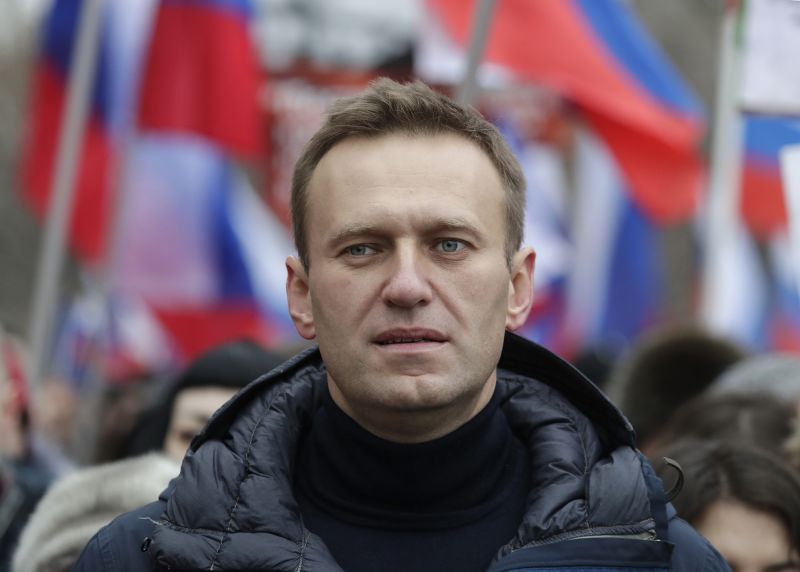As reports prompt speculation about what transpired in the final days of Alexei Navalny, a leading critic of Russian President Vladimir Putin, his aide has disclosed that there was a possibility of his release through a prisoner swap just days before his untimely death in a penal colony. The revelation paints a vivid picture of a man caught up in the convoluted webs of international politics and diplomacy.
Navalny, a vociferous anti-corruption campaigner, was serving a 2.5-year sentence in a penal colony at the time of his death. Arrested upon returning to Russia in January 2021, after being poisoned with a nerve agent, he was serving time for alleged violation of parole conditions in an embezzlement case brought against him. Navalny and his team have always maintained that the charges were trumped up, intended to muzzle him and deter others from opposing Putin’s government.
Leonid Volkov, a senior aide to Navalny, revealed the potential prisoner swap in an interview, claiming that negotiations were underway for a possible exchange just days before Navalny’s death. The potential deal fell through for reasons yet unknown. Volkov did not disclose the identities of the other prisoners that could have potentially been involved in the swap, leaving many questions unanswered.
The tantalizing hint of what could have been has piqued the curiosity of many. If a swap was indeed on the cards, then it points towards Russia’s willingness to consider releasing high-profile political prisoners under certain circumstances, even if those individuals are thorns in Putin’s side.
The revelation also indicates the intricate role that international diplomacy played in Navalny’s fate. The disclosure of a potential prisoner swap suggests that other nations or entities may have played a part, either passively or actively, in negotiations to secure Navalny’s release. It is an unsettling hint of how political machinations can directly influence an individual’s personal fate – a notion that is all too real for those affected by such agreements worldwide.
In evaluating Navalny’s case, it is crucial to understand the man himself. He was a prominent figure in Russian politics, accusing the country’s elite of systemic corruption and sparking mass anti-government protests. Notably, Navalny was also a popular name in international circles, with Western countries expressing steadfast support for him and criticizing his detention and treatment.
While the details surrounding the possible prisoner swap are shrouded in loophole-filled uncertainties, one thing remains clear – Navalny’s death was a tragedy. The noted campaigner’s death represents a significant loss to the world of political activism. Navalny’s demise further sheds light on the undemocratic practices and the excessive length to which the Russian government can allegedly go to silence opposition voices.
A detailed investigation into Navalny’s death and the circumstances surrounding it may shed clearer light on the truth behind these claims, but for now, we are left with the unsettling knowledge that Navalny’s fate may have been very different, to mourn a life we lost too soon, and to ponder the veiled workings of international diplomacy.




